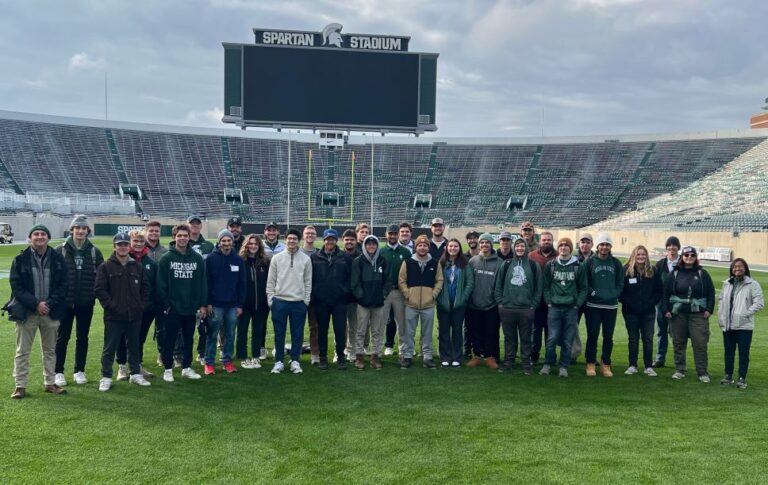Michigan State University (MSU) offers a wide range of options for students interested in careers in turfgrass management, including a BS degree concentration within the Crop and Soil Science major, a Sports and Commercial Turf Management certificate program, and a certificate program in Turfgrass Management with a Golf Course emphasis.
“The Turfgrass Management program at Michigan State University has long prided itself on providing education at multiple levels,” said John “Trey” Rogers III, Ph.D., professor of Turfgrass Research in the Department of Plant, Soil and Microbial Sciences (PSM) at MSU.
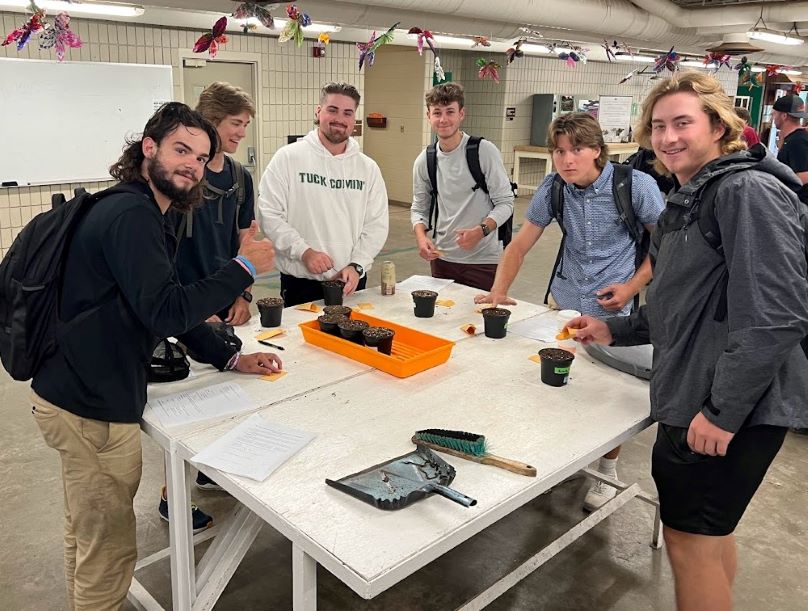
MSU’s BS program features a Turfgrass Management concentration in the Crop and Soil Science curriculum within PSM. According to MSU, the Crop and Soil Sciences major is based upon the continuously expanding knowledge base of the biological and physical sciences and the utilization of those sciences. Crop and soil scientists utilize the principles of genetics, plant breeding, crop physiology, weed science, turfgrass science, soil physics, soil fertility, soil genesis and classification and soil chemistry.
According to Rogers, the certificate program in Turfgrass Management with a Golf Course emphasis prepares students for careers in the golf industry. The program consists of both on-campus learning and hands-on experiences through a professional internship.
“This 54-credit, 18-month program (i.e., 2-year program) within PSM is administered through Institute of Agricultural Technology and focuses on Golf Turf Management,” said Rogers. “The program started in 1966 and has more than 2,000 graduates.”
According to Rogers, MSU added the Sports and Commercial Turf Management program in 1990. “It is also a 54-credit, 18-month program, with students focusing primarily on athletic field turf,” he said.
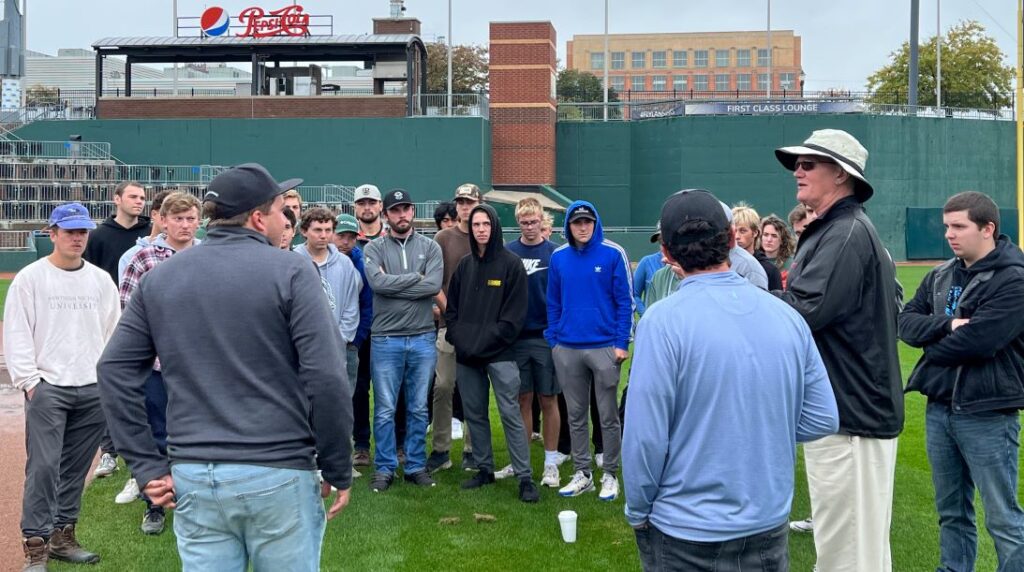
Following graduation, students in the Sports and Commercial Turf Management program earn an MSU IAT certificate.
According to Rogers, students from all of MSU’s Turfgrass programs are taught in the same classroom with collegiate academic rigor. “They follow the same academic calendar, and 2-year students are fully integrated into campus life,” he said.
A wealth of turfgrass-specific classes are available to MSU students, including Engine and Equipment Technology, Spanish for the Agricultural Industry, Turf and Landscape Analytical Practices, Introduction to Weed Management, Operations Budgeting for Golf Course Managers, Turfgrass Irrigation, Pesticide and Fertilizer Application Technology, Fundamentals of Soil Science, Weed Science Laboratory, Turfgrass Management, Turfgrass Management Seminar, Golf Course Design and Construction Techniques, Performance Turf Design and Construction, Turfgrass Strategies: Integration and Synthesis, Turfgrass Soil Fertility, Turfgrass Physiology, Turfgrass Entomology and Turf Pathology.
In addition, students in the 2-year program can matriculate to the BS program if they complete the 54 credits with a 3.0 or greater and transfer in freshman-level Math and English from another institution.
According to Rogers, there are currently 40 students total in the 2-year programs, and 45 students in the BS program, with 95% of students pursuing careers in golf turf management.
“All students must complete a five-month internship at a facility of their choosing, and are encouraged to ‘spread their wings’ and get out of their comfort zone,” said Rogers. “BS students can perform multiple internships.”
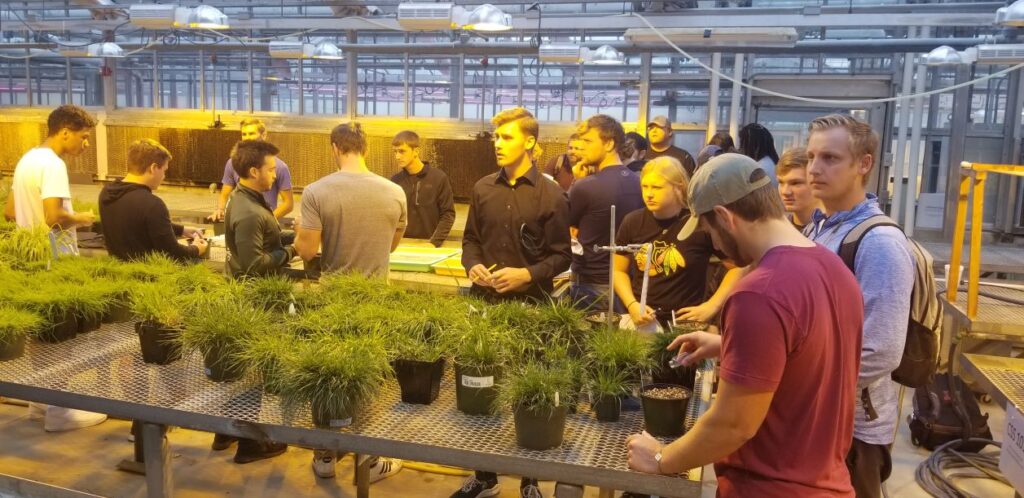
According to MSU, its students have interned with the Detroit Lions, Detroit Tigers, Lansing Lugnuts, West Michigan Whitecaps, Baltimore Orioles, Boston Red Sox, Los Angeles Dodgers, Texas Rangers, Baltimore Ravens, Green Bay Packers and more. Rogers added that several MSU students have also interned at thoroughbred horseracing turf tracks.
According to Rogers, students are also encouraged to work for faculty conducting research, and there is a 56-acre fully irrigated research farm – Hancock Turfgrass Research Center – at the south end of the MSU campus.
“Started in 1980, it has been a hub of activity for decades, with scores of projects emulating from researchers and students alike,” said Rogers.
In addition, the MSU Turf club has been active since 1970. The club is for all turf students and participates in social events on campus, such as the homecoming parade and other activities. “The club raises funds annually to attend SFMA and GCSAA conferences, and participates in respective student quiz bowl challenges,” Rogers added.
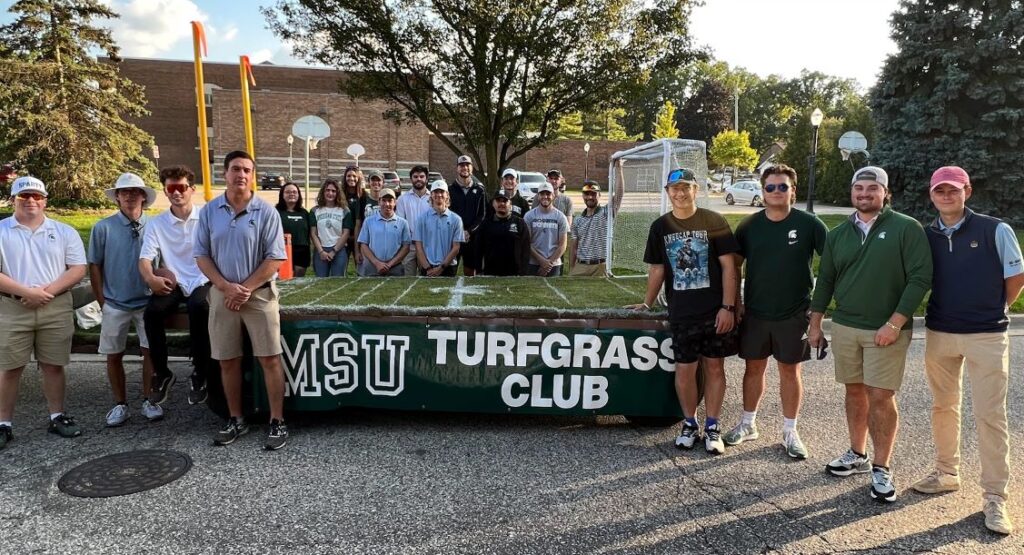
According to Rogers, most MSU Turfgrass students come into the program after having worked at a golf course or sports facility. With more than 800 golf courses in the state of Michigan, there are ample opportunities for work experience before entering the program.
“Beginning in summer/fall 2024, all 2-year students will pay the freshman-level tuition for classes, regardless of residency,” Rogers noted. “This is significant, as prior out of state tuition was 2.5 times that of in-state tuition.”
For more information about the MSU BS Turfgrass Management concentration, visit https://www.canr.msu.edu/psm/degree_cerficate_programs/undergraduate_programs/turfgrass_management
For more information about the 2-year Sports and Commercial Turf Management certificate program, visit https://www.canr.msu.edu/iat/sports_commercial_turf_management
And for more information about the 2-year certificate program in Turfgrass Management with a Golf Course emphasis, visit https://www.canr.msu.edu/iat/turfgrass_management_golf_course


